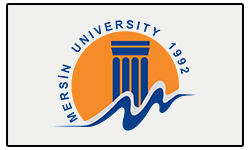Effect of Adulterants on Quality and Safety of Cow Milk: A Review
Abstract
Tolcha Techane
Cow milk adulteration is the act of intentionally decreasing the quality of milk offered for sale either the admixture or substitution of substance or removing of some valuable ingredient. Milk has a high food value, since it comprised of a variety of nutrients. Scientific evidence supports, the consumption of cow’s milk and dairy products as part of a balanced diet and it is perfect and complete food. Therefore, milk and its derivatives contribute essential micro and macronutrients to the diet, when consumed according to appropriate national guidelines. However, different adulterants are added, to increase its quantity and done for financial gain. The common adulterants used in cow milk adulteration are water, starch, flour, urea, formalin, sodium hydro oxide and cane sugar. Water is the most common adulterant. These adulterants have effect on the nutritional quality of cow milk by decreasing the concentration of ingredients found and wholesomeness of the milk. To dilute milk, cheaper materials will be added. Almost all commercially available milk comes from cow and major milk adulteration occurs with cow’s milk and its products. These, adulteration of milk can pose serious risk to human health. The composition of milk varies with the breed of cow, stage of lactation; feed, season of the year. Therefore, both intentional and incidental milk adulterations affect nutritional quality and safety of milk. This review aims to review the effect of adulterants on safety and quality of cow milk. Even while financial gain is one of the main drivers of cow milk adulteration.



